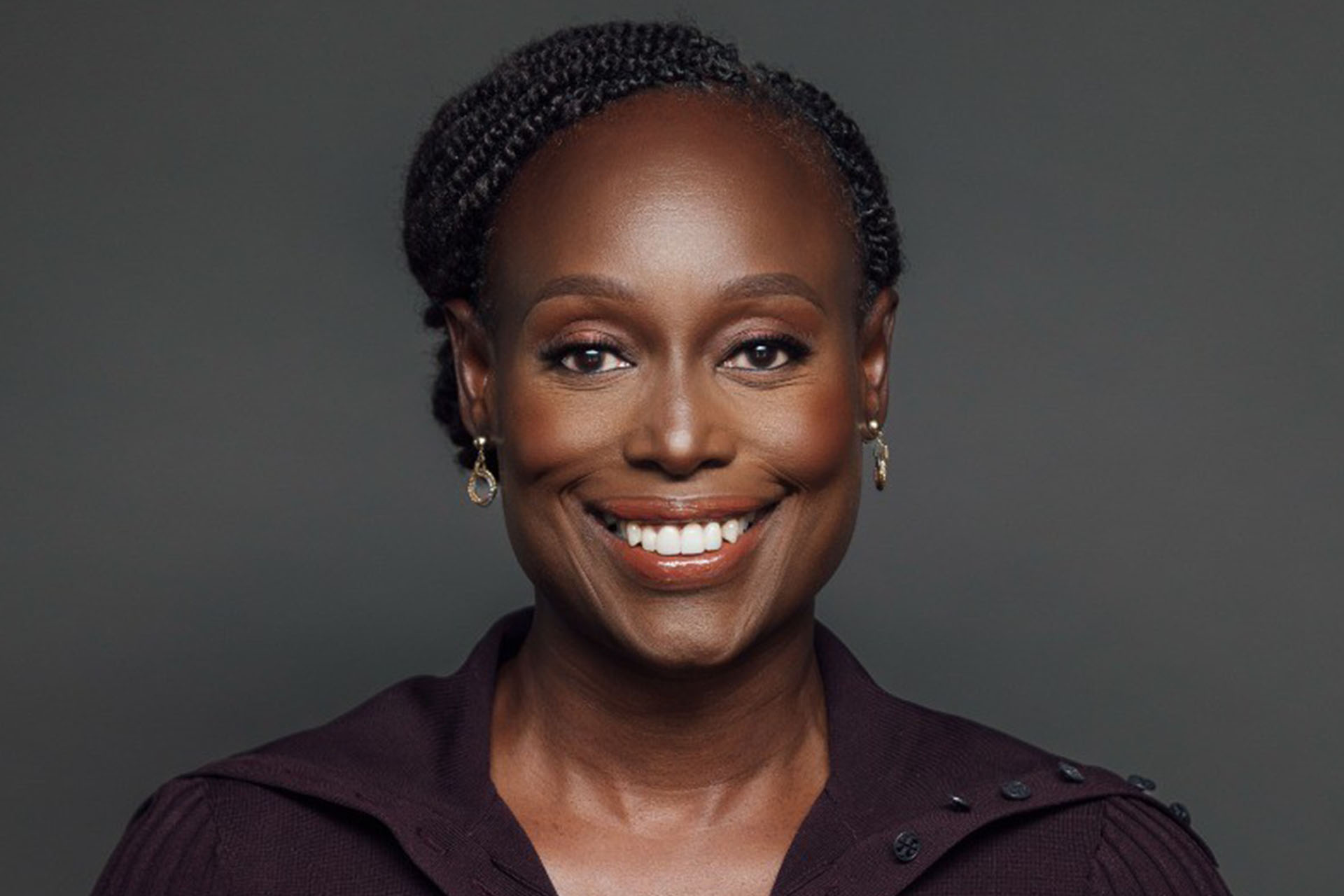
What inspired you to pursue a Doctor of Business Administration (DBA) degree and how has your experience at the University of Liverpool shaped your career?
When I applied to the programme after 21 years in the language services industry - working in corporations, volunteering in trade associations, and launching my own ventures - I wanted to deepen my ability to help organizations function better and deliver programmes more effectively, especially small businesses. Coming from a Sierra Leonean family dedicated to public service, I also felt driven to ensure these businesses could contribute positively to their communities.
An online DBA from the University of Liverpool, with its emphasis on research and applied problem-solving, provided the perfect avenue to enhance my analytical and leadership skills. It allowed me to remain in practice while expanding my capacity to be a more effective contributor - whether consulting, writing, or collaborating within an organization. The programme sharpened my strategic perspective, reinforced my leadership approach, and enriched my global network, all of which continue to inform my work as both a scholar and practitioner.
Your doctoral research highlights innovative CSR approaches by (small to medium sized enterprises) SMEs. What was the most surprising finding from your thesis?
My DBA programme focused on bridging scholarship and practice, combining core research and management subjects to build attributes like critical thinking, problem-solving, and reflexivity. Through this lens, my thesis explored the process of CSR development in SMEs. The most surprising finding was how resource constraints - commonly viewed as a weakness - often serve as a catalyst for innovative and deeply rooted CSR. Because SMEs must be strategic about allocating limited resources, they end up creating more meaningful, personal, and committed social initiatives. This benefits communities, fosters stronger employee loyalty and provides other firm-level advantages. This demonstrated that SME-led CSR can be more than mere charity.
How do you see the role of CSR evolving in the next decade, particularly for SMEs in developing regions?
CSR is moving toward a stakeholder-focused model, where businesses are seen as serving the greater good rather than just shareholders. With the ongoing push to achieve the Sustainable Development Goals (SDGs) by 2030 - and given that SMEs represent about 90% of businesses globally - CSR will become increasingly integrated into SME operations. As both public and private sectors demand more sustainable practices, resistant SMEs will likely be compelled to adapt or risk losing market opportunities. In many developing regions, this means aligning social responsibility efforts with pressing community needs, forging closer partnerships with larger enterprises, and embracing environmental and governance best practices. Ultimately, CSR will be non-negotiable for SMEs looking to remain competitive and relevant.
As a CEO and Co-Founder, can you share the biggest challenges and rewards you experienced while establishing your organization from the ground up?
The biggest challenge was gaining market trust and visibility - a crucial hurdle for any new business. It required perseverance to find reliable clients and suppliers who respected our value proposition rather than exploiting our small size. Yet the rewards have been immense. Once we established credibility and built a loyal customer base, referrals and word-of-mouth helped us grow steadily. External recognition, such as industry awards, was a pleasant validation of our hard work and unique approach.
What would you consider your proudest achievement to date?
I am most proud of my leadership in the ZZF and JA Social Equity Project, which provided entrepreneurship training to over 62,000 underserved young people in seven African countries in just two years. Beyond direct training, we implemented a monitoring and evaluation system, carried out a ground-breaking mental well-being study, enhanced digital literacy initiatives, and brought diverse stakeholders together - all while strengthening the organization’s capacity. Contributing to such tangible, positive community impact remains my passion, and so results like this are very meaningful.
What advice would you offer to someone considering starting their own business?
Be clear on your motivations and be prepared to give it your all for the right reasons. Building a sustainable enterprise rarely happens overnight; it demands patience, consistency, and a willingness to learn from failures. If you stay the course with integrity and perseverance, the long-term rewards - personal growth, financial stability, and community impact - will exceed your expectations.
What is your top tip for other leaders looking to drive sustainable change through their organizations?
Empower your people. Give teams genuine agency in decision-making, establish transparent systems and structures, and encourage collaboration. When employees feel they have a stake in the mission, they’re more committed and innovative, which fuels sustainable, long-term change.
Representing women entrepreneurs at a conference gathering insights for President Obama is a significant achievement. What was that experience like, and what key message did you share?
It was an amazing experience, as President of the National Association of Women Business Owners (NAWBO)-Charlotte, to be one of four panellists at a session attended by a representative from President Obama’s Small Business Administration. My key takeaway from the experience was the power of collective support among women business owners - both in building confidence and opening doors to new opportunities. It reinforced for me that genuine collaboration among women is one of the most effective ways to amplify our influence and impact.
For those aspiring to follow a similar path, whether that be in entrepreneurship, education or leadership, what lessons would you emphasize as crucial for success?
- Entrepreneurship: Start early if you can - time is an ally in building a business and learning from setbacks.
- Education: Go as far as possible, as soon as possible, while staying curious. Lifelong learning ensures you remain adaptable and relevant.
- Leadership: Embrace a distributed leadership model that values collaboration and shared responsibility. It not only fosters innovation but also helps individuals and organizations truly thrive.
Thanks to Memuna for sharing her inspiring work, if you’d like to share your career journey, please email the Management School’s alumni team: ulmsalumni@liverpool.ac.uk.
Back to: Alumni